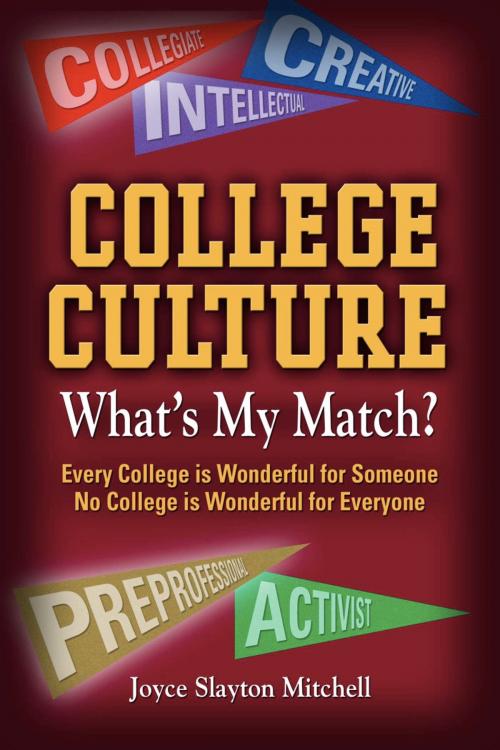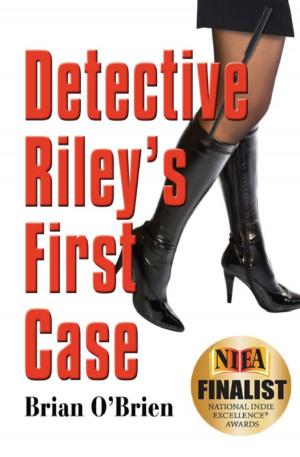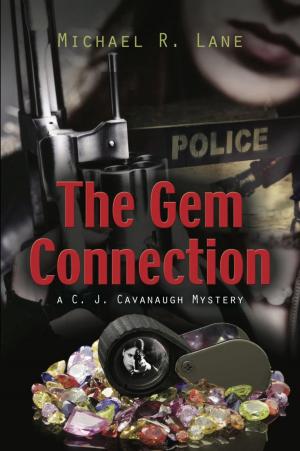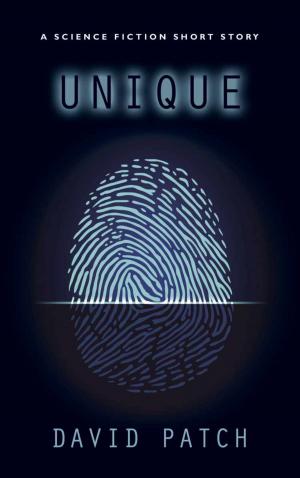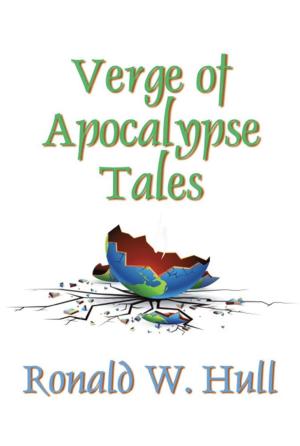COLLEGE CULTURE: WHAT'S MY MATCH?
Nonfiction, Reference & Language, Education & Teaching, Higher Education| Author: | Joyce Slayton Mitchell | ISBN: | 9781621415152 |
| Publisher: | BookLocker.com, Inc. | Publication: | September 24, 2012 |
| Imprint: | Language: | English |
| Author: | Joyce Slayton Mitchell |
| ISBN: | 9781621415152 |
| Publisher: | BookLocker.com, Inc. |
| Publication: | September 24, 2012 |
| Imprint: | |
| Language: | English |
Going beyond the rankings, majors, locations and the advice that high school students hear from everyone, College Culture: What’s My Match? considers the kind of student life that feels right for the particular student. The principle of the book is based on the philosophy that every college is wonderful for someone. No college is great for everyone.
In order to choose the best match, students will become anthropologists in training to observe the everyday life of college students, when they are not in class. College Culture will encourage students to look for answers to what students think and talk about when they are not in the classroom. What they talk about between classes, in the dorm, in the student union, while having a coffee, a coke. Students will learn to measure if they would fit in best if it’s a collegiate college culture such as USC, Indiana, Duke, Northwestern, Ole Miss, Vanderbilt or smaller and collegiate such as Colby, Davidson, Denison, and Wake Forest where there are big sports, fraternities, and where collegiate students talk about sports, parties, and friends between classes and in the dorms. Or would their match be more like an intellectual college culture such as Carleton, Chicago, Columbia, Grinnell, and Swarthmore where students talk about books they’ve read and classroom discussions, and a campus where they argue and debate between classes about politics, economics, literature and the arts in the dorms. How about a creative college culture and performing arts majors such as conservatories Julliard and Oberlin - or Rhode Island School of Design, Savannah School of Arts and Design where students talk and sing between classes and in the dorms about the arts, practice sessions, gallery openings, and upcoming performances? Maybe a student would prefer an enterprising college culture such as MIT, Babson, NYU, Wharton at the University of Pennsylvania, Case Western, University of Texas and many other state universities in the college of business where students talk outside the classroom and in the dorms about the stock market, start-up companies, entrepreneurs, Bill Gates, and the business section of newspapers? Or how about a preprofessional college culture where students talk between classes and in the dorms about GPAs, MCATs, GREs, LSATs, internships, law and medical schools, engineering and architecture schools, MBAs, graduate schools such as Cornell, Purdue, Stanford, Georgia Tech, Johns Hopkins, Carnegie Mellon, and Syracuse? Many of today’s students are searching for an activist college culture where students protest, organize, and talk about human rights, animal rights, environmental, and climate issues between classes, in the dorms, and on the quad such as Beloit, Haverford, Oberlin, Pitzer, and Wesleyan.
The book describes more than 150 American colleges from the top rankings, highest percentage of international students, and diversity in terms of size and location of the college. College Culture: What’s My Match concludes with statistical tables of the five categories of college cultures for easy access in understanding differences in college cultures all across the United States.
Going beyond the rankings, majors, locations and the advice that high school students hear from everyone, College Culture: What’s My Match? considers the kind of student life that feels right for the particular student. The principle of the book is based on the philosophy that every college is wonderful for someone. No college is great for everyone.
In order to choose the best match, students will become anthropologists in training to observe the everyday life of college students, when they are not in class. College Culture will encourage students to look for answers to what students think and talk about when they are not in the classroom. What they talk about between classes, in the dorm, in the student union, while having a coffee, a coke. Students will learn to measure if they would fit in best if it’s a collegiate college culture such as USC, Indiana, Duke, Northwestern, Ole Miss, Vanderbilt or smaller and collegiate such as Colby, Davidson, Denison, and Wake Forest where there are big sports, fraternities, and where collegiate students talk about sports, parties, and friends between classes and in the dorms. Or would their match be more like an intellectual college culture such as Carleton, Chicago, Columbia, Grinnell, and Swarthmore where students talk about books they’ve read and classroom discussions, and a campus where they argue and debate between classes about politics, economics, literature and the arts in the dorms. How about a creative college culture and performing arts majors such as conservatories Julliard and Oberlin - or Rhode Island School of Design, Savannah School of Arts and Design where students talk and sing between classes and in the dorms about the arts, practice sessions, gallery openings, and upcoming performances? Maybe a student would prefer an enterprising college culture such as MIT, Babson, NYU, Wharton at the University of Pennsylvania, Case Western, University of Texas and many other state universities in the college of business where students talk outside the classroom and in the dorms about the stock market, start-up companies, entrepreneurs, Bill Gates, and the business section of newspapers? Or how about a preprofessional college culture where students talk between classes and in the dorms about GPAs, MCATs, GREs, LSATs, internships, law and medical schools, engineering and architecture schools, MBAs, graduate schools such as Cornell, Purdue, Stanford, Georgia Tech, Johns Hopkins, Carnegie Mellon, and Syracuse? Many of today’s students are searching for an activist college culture where students protest, organize, and talk about human rights, animal rights, environmental, and climate issues between classes, in the dorms, and on the quad such as Beloit, Haverford, Oberlin, Pitzer, and Wesleyan.
The book describes more than 150 American colleges from the top rankings, highest percentage of international students, and diversity in terms of size and location of the college. College Culture: What’s My Match concludes with statistical tables of the five categories of college cultures for easy access in understanding differences in college cultures all across the United States.
